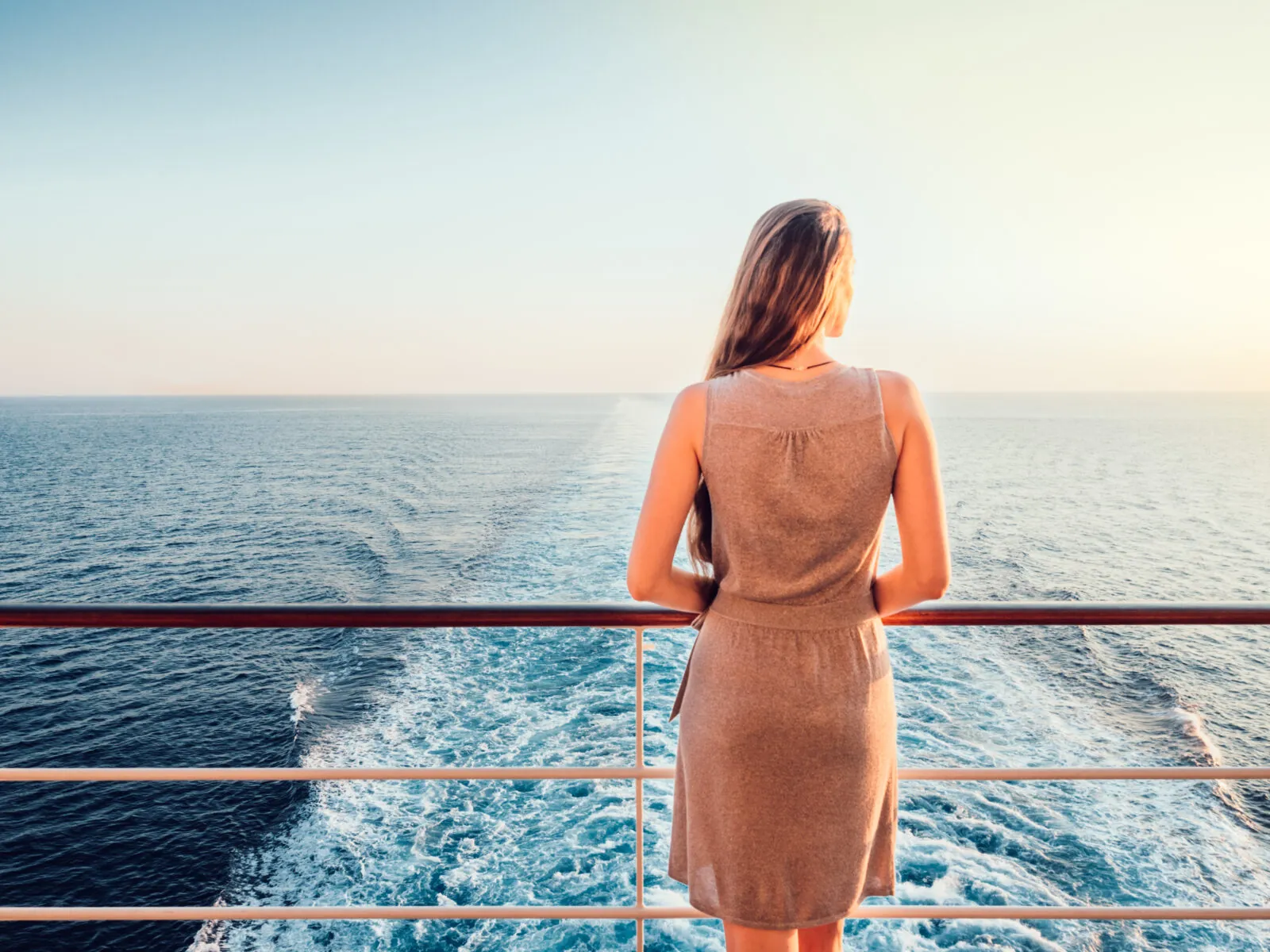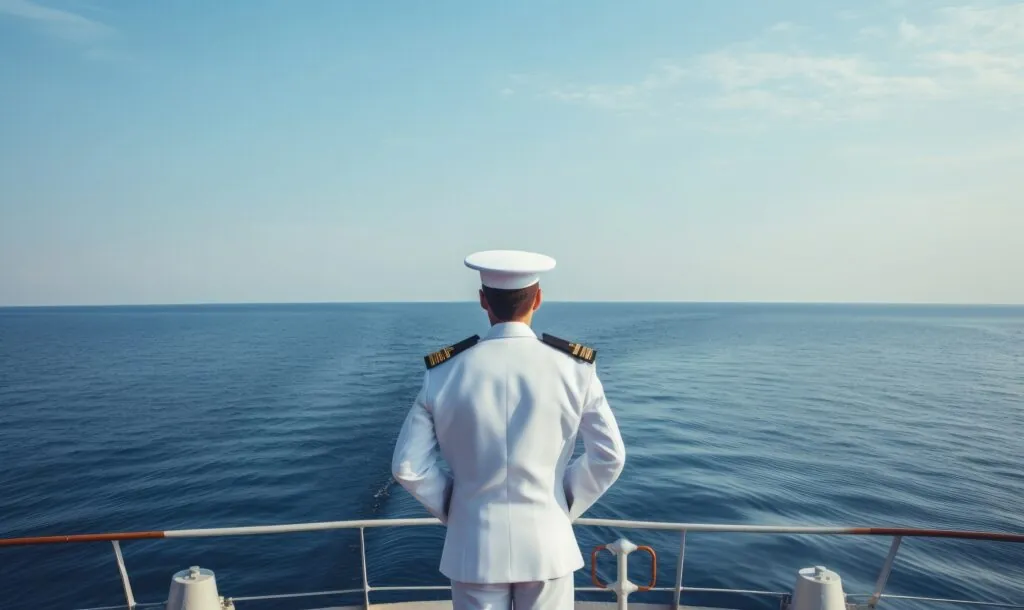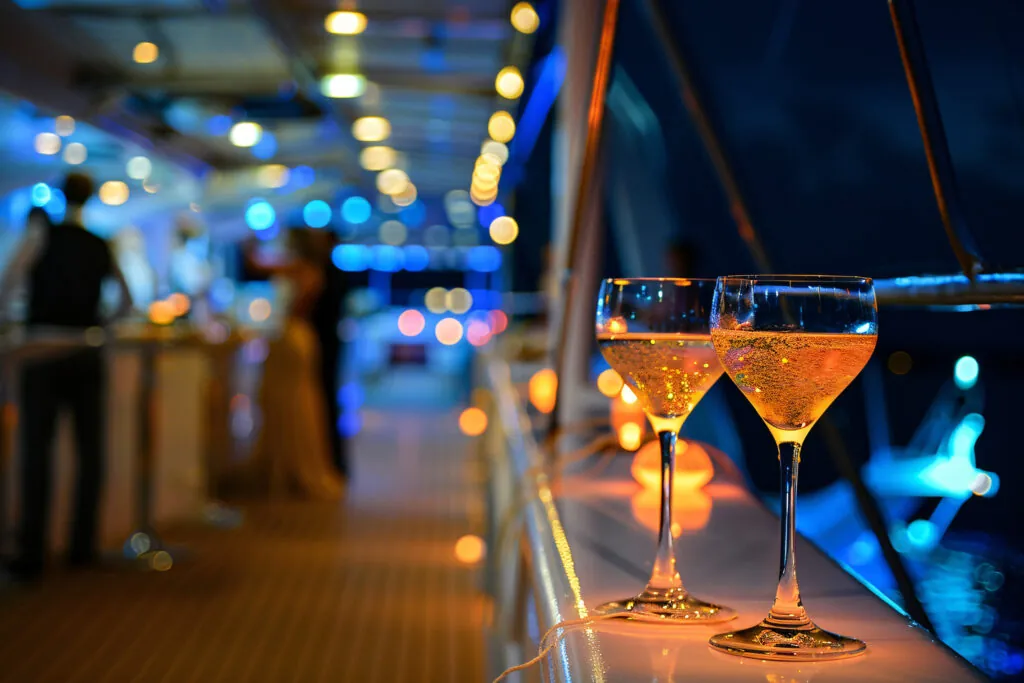Why Cruise Ship Sexual Assault Cases are Different from Land-Based Cases
Sexual assault cases on cruise ships present unique legal and jurisdictional challenges compared to incidents that occur on land. These complexities arise from the intersection of maritime law, international jurisdiction, and cruise line accountability. Victims seeking justice often face significant obstacles, including determining which legal system has authority, navigating international waters’ legal intricacies, and confronting cruise lines’ liability issues. This article explores these complexities, outlines victims’ rights, and provides guidance on the legal processes involved.
Introduction to Cruise Ship Sexual Assault Legalities
Cruise ship vacations are intended to provide relaxation and enjoyment, but for some, they become the setting for traumatic incidents of sexual assault. According to the U.S. Department of Transportation, sexual assault is the most frequently reported crime on cruise ships. However, unlike land-based incidents, prosecuting sexual assault cases on cruise ships is complicated by several factors, including:
- Maritime Jurisdiction: Who has legal authority over crimes committed on international waters?
- Flag State Laws: Cruise ships operate under the laws of the country whose flag they fly.
- International Legal Complexities: Multiple countries may have jurisdictional claims, making prosecution complex.
Understanding these factors is crucial for victims seeking justice and for legal professionals navigating this intricate legal landscape.
Maritime Law and Jurisdictional Challenges
What is Maritime Law?
Maritime law, also known as admiralty law, governs activities and crimes that occur at sea. It is a specialized area of law influenced by international conventions and the specific regulations of a ship’s flag state. In the context of sexual assault, maritime law significantly impacts the investigation, prosecution, and resolution of cases.
Jurisdiction in International Waters: Who is in Charge?
One of the most complex aspects of cruise ship sexual assault cases is determining jurisdiction. Unlike land-based crimes, which are clearly governed by local, state, or federal laws, crimes at sea are subject to the following jurisdictional rules:
- Flag State Jurisdiction: The country whose flag the ship flies has primary jurisdiction over crimes committed on board.
- National Jurisdiction: If the victim or the perpetrator is a citizen of a particular country, that nation may also claim jurisdiction.
- Port State Jurisdiction: The country where the ship is docked may have jurisdiction if the crime is reported in its territorial waters.
Legal Implications of Flag State Jurisdiction
Many cruise lines register their ships in countries with lenient legal standards, known as “flags of convenience.” These countries often have less stringent safety, security, and labor regulations, complicating the prosecution of sexual assault cases. For instance:
- A cruise ship flying a Bahamian flag follows Bahamian law, even if the crime involves U.S. citizens.
- This creates challenges for victims seeking justice, especially when the flag state’s legal processes are inefficient or biased.
Investigative Processes and Law Enforcement on Cruise Ships
Who Investigates Sexual Assault on Cruise Ships?
Investigations are typically conducted by the cruise line’s security personnel, but the complexity of jurisdiction can involve multiple agencies, including:
- The FBI: Under the Cruise Vessel Security and Safety Act (CVSSA), the FBI investigates certain crimes, including sexual assault, on U.S.-flagged cruise ships or when the victim or perpetrator is an American citizen.
- Local Authorities: In cases occurring within a country’s territorial waters, local law enforcement may assume investigative responsibility.
- Flag State Authorities: The flag state’s law enforcement may be involved if the incident occurs in international waters.
Challenges in Evidence Collection and Crime Scene Investigation
Collecting evidence on a cruise ship is particularly challenging due to:
- Jurisdictional Ambiguities: Delays in determining which agency has authority can compromise evidence integrity.
- Preservation of Crime Scene: Cruise ships are mobile environments, making it difficult to secure crime scenes.
- Chain of Custody Issues: Evidence is often transferred between multiple jurisdictions, risking contamination or loss.
International Cooperation and Law Enforcement
Investigations often require collaboration between international law enforcement agencies, including Interpol and local authorities in the port state. However, differences in legal systems, standards of evidence, and investigative procedures can lead to delays, jurisdictional disputes, and ultimately, challenges in achieving justice.
Cruise Line Liability and Legal Obligations
Are Cruise Lines Legally Responsible?
Cruise lines are obligated to provide a safe environment for their passengers, including adequate security measures to prevent sexual assault. Under the Cruise Vessel Security and Safety Act (CVSSA), cruise lines are required to:
- Maintain a security guide detailing reporting procedures and rights.
- Install security cameras and provide adequate lighting in public areas.
- Ensure that medical staff are trained to handle sexual assault cases.
Legal Liability and Compensation for Victims
Victims can pursue legal action against cruise lines for:
- Negligence: If the cruise line failed to provide adequate security or did not follow safety protocols.
- Inadequate Response: If the incident was not properly investigated or reported to authorities.
- Third-Party Liability: If the perpetrator was a cruise line employee or a fellow passenger, the cruise line might be held responsible.
Impact of High-Profile Cases
High-profile sexual assault cases on cruise ships have led to increased public scrutiny and legislative changes, including:
- Amendments to the CVSSA to enhance victim rights and improve investigative processes.
- Cruise lines implementing stricter security measures, such as enhanced background checks and staff training.
Victim Rights and Assistance
What Are the Rights of Sexual Assault Victims on Cruise Ships?
Victims of sexual assault on cruise ships are entitled to:
- Confidential Medical Treatment: Including access to rape kits and emergency contraception.
- Access to Counseling and Support Services: Onboard counselors trained to provide emotional support.
- Right to Report: Victims can report the incident to ship security, law enforcement, or directly to the FBI for U.S.-flagged ships.
Reporting Procedures and Legal Recourse
Victims can report incidents through the following channels:
- Ship Security: Initial reporting on board, followed by an investigation by the cruise line.
- Law Enforcement: Reporting directly to the FBI or local authorities, depending on jurisdiction.
- Civil Lawsuits: Pursuing compensation from the cruise line for negligence or emotional distress.
Legal Representation and Support
Navigating the legal complexities of cruise ship sexual assault cases requires specialized legal representation. Victims are strongly encouraged to:
- Consult with Maritime Law Experts: Lawyers experienced in maritime and international law can provide crucial guidance.
- Seek Victim Advocacy Services: Non-profit organizations specializing in maritime victim advocacy can offer additional support and resources.
Comparison with Land-Based Sexual Assault Cases
Key Differences:
- Jurisdictional Complexities: Unlike land-based cases with clear local or state jurisdiction, cruise ship cases involve international maritime law and multiple legal systems.
- Evidence Collection Challenges: Mobile crime scenes and international jurisdiction disputes make evidence collection more difficult.
- Prosecution Hurdles: Jurisdictional ambiguities and international legal conflicts significantly impact prosecution success rates.
Conclusion and Legal Guidance
Sexual assault cases on cruise ships are complicated by the intersection of international maritime laws, jurisdictional disputes, and cruise line liabilities. Victims seeking justice must navigate a complex legal landscape that involves multiple jurisdictions and international agencies. Due to these complexities, victims are strongly encouraged to seek legal assistance from attorneys specializing in maritime law.
Contact a Lawyer
If you or someone you know has been a victim of sexual assault on a cruise ship, it is crucial to understand your legal rights and options. Consulting with a maritime law expert can help you navigate the complex jurisdictional challenges and seek the justice and compensation you deserve.
Contact The Cruise Injury Law Firm today to protect your rights and begin the journey to justice.






